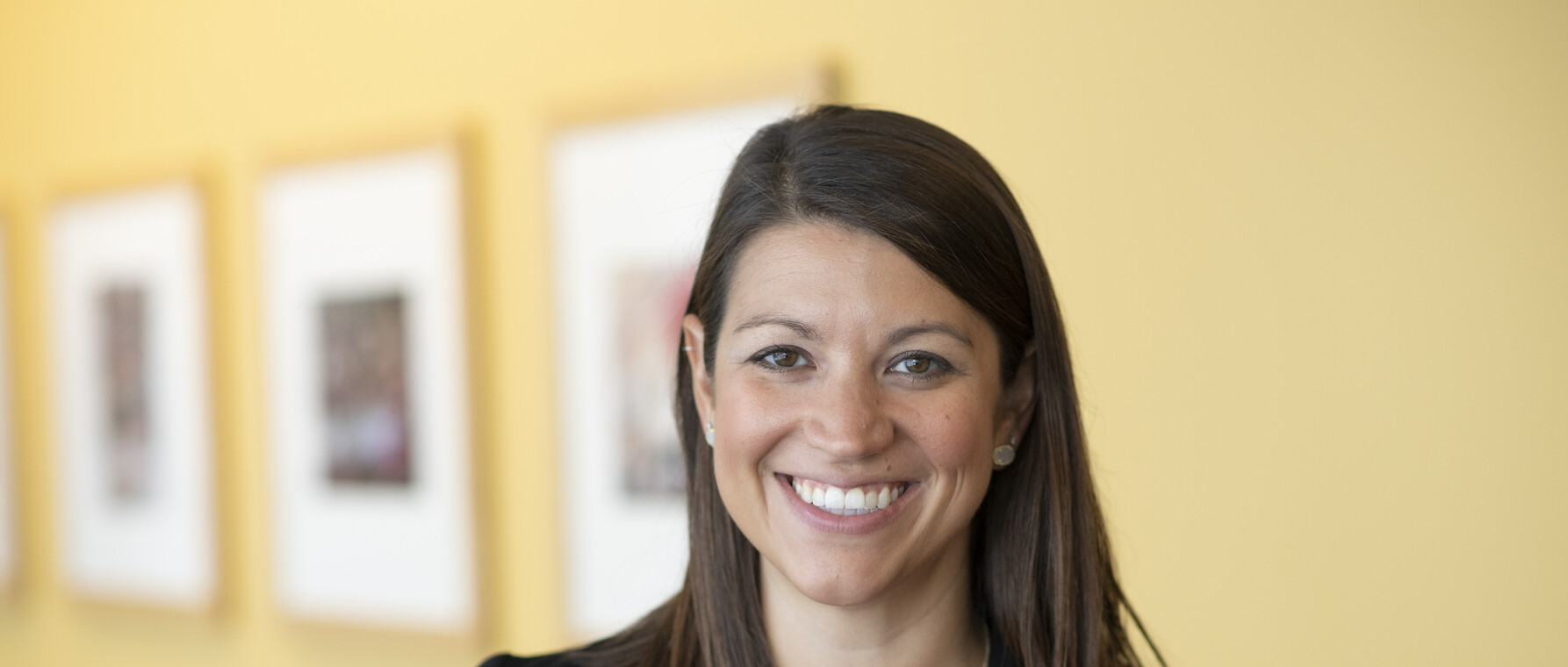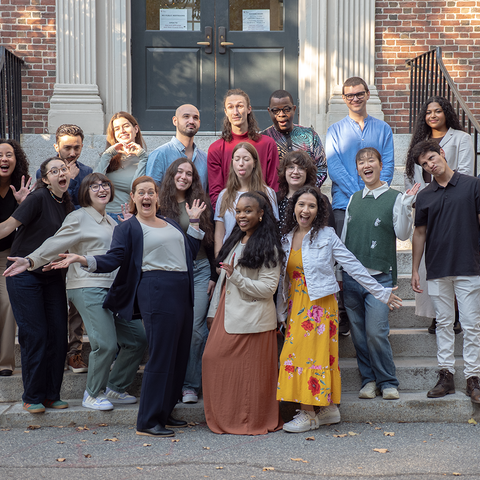B-2 B-Well: Reflecting on Relationships
Take time to nurture connections with others—and with yourself

Relationships, or relational health, is one of the eight spokes of my favorite wellness wheel framework—and one that’s particularly important to me. That’s because a significant amount of my work involves meeting with students and listening to their concerns about relationships with friends, colleagues, romantic partners, family members, and of course, their advisor. This makes sense: Healthy relationships are critical to our emotional well-being.
Research has shown that positive relationships increase life expectancy and help us deal with stress more productively, develop healthier habits, and even have a greater resistance to the common cold. Researcher and author Brené Brown, a favorite of mine, explains in her book The Gifts of Imperfection that “A deep sense of love and belonging is an irreducible need [of everyone]. We are biologically, cognitively, physically, and spiritually wired to love, to be loved, and to belong.”
Take a moment to reflect on the relationships you have with the people in your life. Are they respectful, mutual, appreciative, trusting, and communicative? Do the people in your life accept your boundaries, encourage your growth, and help you feel seen and heard?
While you’re reflecting, don’t forget about one other crucial relationship: the one you have with yourself. Another reason I subscribe so much to this wellness model is that it includes an emphasis on developing a meaningful relationship with yourself. I often say that this is the most important relationship you will ever have. It can also be one of the most difficult. Is your relationship with yourself healthy? What are the messages you tell yourself? Are they kind, helpful, and encouraging, or do they fall into the "unhealthy and unhelpful” category? This may resonate with those who struggle with the imposter phenomenon and have an inner self that expresses doubts about skills and success.
If you find that you are struggling with any of the relationships in your life, know that you aren’t alone. This is tough stuff. All relationships (yes, even the healthy and fulfilling ones) take work and maintenance. That maintenance can look different for everyone, but it is never too late to seek help and work on your relational health. Check out some of these resources below to help improve your current relationships, and perhaps foster new ones!
- Office of Student Services: You are always welcome to make an appointment with us to discuss your relationship concerns, learn about relationship support resources, problem-solve, or set goals for healthier relationships.
- Student Center at Harvard Griffin GSAS: Connect with others by joining a student group, participate in a GSAS or department program, volunteer, or become a student leader!
- Counseling and Mental Health (CAMHS): Processing relationships with a counselor can be very helpful. CAMHS can assist you with finding a provider at CAMHS or in the community. Check out the various groups and workshops available as well. Many focus on relationships.
- Office of Sexual Assault Prevention and Response (OSAPR): If you or someone you know has experienced or witnessed interpersonal harm, connect with OSAPR. They meet with Harvard community members to support them and connect them to alternative resources.
- Build your academic support system: This article by the Academic Resource Center contains tips on connecting with advisors as well as offices that you can create relationships that will help support your academic work.
- Develop your advising village: Read about how The Advising Project is trying to improve advising relationships for GSAS students.
- Connect with others you trust, especially those who have relationships that you look up to and would like to learn from.
As Valentine’s Day approaches—whether you are celebrating with your romantic partner, your friends, your community, or just yourself—I encourage you to reflect on all your relationships, not just those with the people you love. Set some goals for improving those connections. Above all, give yourself permission to be kind to yourself and remember that the only person qualified to determine your self-worth is you!
Remember to be kind and to take good care of yourself and others. Remember to virtually visit B-2. And remember to “B-Well”!
Photo by Tony Rinaldo
Get the Latest Updates
Join Our Newsletter
Subscribe to Colloquy Podcast
Simplecast





